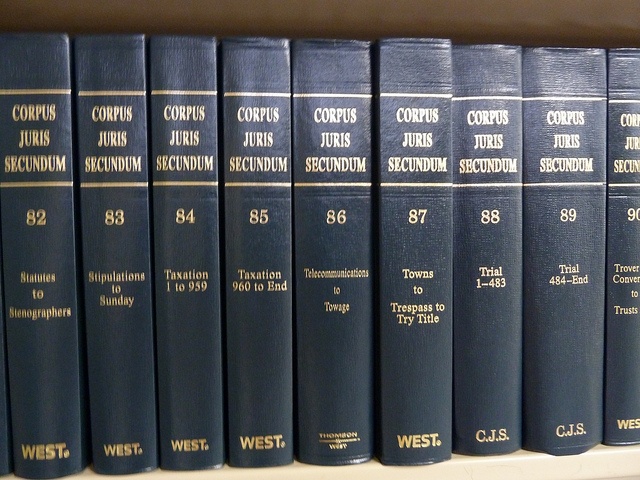
What is Transient Occupancy Tax (TOT)?
Back in the good old days of vacation rental by owner websites, it was a breeze to set up your home or second home as a vacation rental and make a little extra income when you weren’t using it. In fact, it was a win-win: homeowners get a little extra cash to help with the mortgage and travelers get to stay in a real home, in a real neighborhood, and get a more interesting travel experience. Lasting friendships were formed between owners and travelers. Only one problem: instead of being a win-win situation, vacation rentals were actually win-win-lose with the city losing out on tax revenues hotels collect. When fewer travelers were staying in hotels (especially in tourist-heavy cities like San Diego), hotels were understandably upset.
Soon, Californian cities began to enforce transient occupancy tax, or TOT. This is the tax that hotels and camping sites collect as part of their nightly rates and hand over to the city to keep up with tourism related services; the state updated its TOT policies to include all vacation rentals, including homes, rooms, apartments/condos, properties managed by agencies, and properties listed on vacation rental websites. As such, TOT has become one of the hottest issues for short-term and vacation rental properties in California.
However, even though all vacation rental properties need to be collecting and turning over the tax, not all owners (or property managers) know how much to collect, where to hand it in, or really anything about the tax that will keep them on the good side of the law. As such, so many vacation rental owners are disobeying the law simply due to ignorance or confusion or both, and can find themselves the subject of unintended but serious tax consequences.
Transient Occupancy Tax for Vacation Rentals
To help alleviate this problem and keep well-meaning property owners in the business of vacation rentals, here is everything you need to know about the transient occupancy tax in California.
-
Transient occupancy tax should be collected for all rentals (whether for vacation, business, or otherwise) that are one month or less in cities where this law applies.
-
Stays beyond one month are not considered transient and therefore do not need to have TOT levied. If you have a renter who is staying for more than one month you do not need to collect transient occupancy tax for that stay.
-
Certain cities do not allow short-term occupancy (one month or less), and in these cities there is no need to collect TOT (doing so would mean you are renting out your property for short-term stays, which is illegal and fines will apply). Two examples of these cities in San Diego are Coronado and Carlsbad.
-
Even cities that do allow short-term occupancy may have other restrictions, such as the number of rental units in a given area or the number of guests that can stay in a single property. Be sure to check with your local government before listing your property.
-
Certain HOAs also do not allow short-term occupancy or even sub-letting. Be sure to check with your association before listing your property or you could have to pay fines.
-
Your guests could be locked out of the property (a disaster even in the best of circumstances) if you are found to be violating the TOT requirements in your city. Even if it was a mistake, such a negative guest experience could destroy your reputation as a vacation rental owner or manager.
-
If you are allowed to rent out your home to short-term guests, you will need to apply for a Transient Occupancy Registration Certificate with your city and file it with the City Treasurer.
-
To find out how much TOT you need to turn in for each stay, check your city’s Treasurer website. For example, the current transient occupancy tax to collect for any vacation rental stay in San Diego (as of August 2014) is 10.5%.
-
Make sure to turn in all TOT for the month no later than the last day of the following month (so, all taxes for August must be turned in no later than September 30). Failure to do so will result in fines and possible permanent action by the city. Fortunately, many cities now allow TOT to be paid online, making the process easy and fast.
-
Taxes tend to be confusing, and since the vacation rental by owner industry has only recently begun to take off, it makes sense that many owners will want some professional guidance. The Short Term Rental Advocacy Center has plenty of detailed information to help vacation rental owners follow the best practices for their properties and businesses. You can ask for advice, connect with other owners and advocates, and even help petition your city for beneficial short term rental laws.
Chances are, if you’re following the laws of your city and you’re managing your property responsibly (whether you do it yourself or you hire a vacation rental management agency), you’ll be able to enjoy the vacation rental business. Rules and regulations tend to get enforced when neighbors complain, and you don’t want to be that neighbor! Before you book your first vacation rental guest, make sure you’re following all applicable laws. If you need help, contact a local attorney.
Image: Flickr
.png?width=1000&height=627&name=air+concierge-logo-black+(1).png)